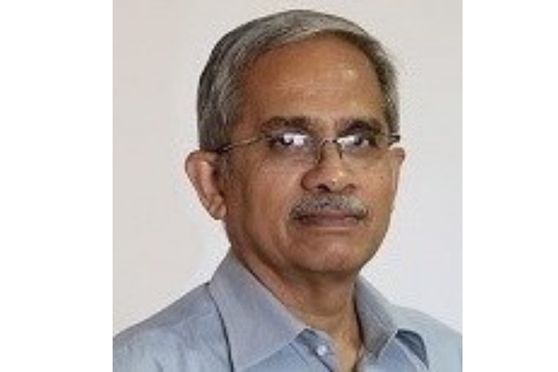“There is far greater awareness amongst the younger generation”: Professor G. Sundar


Recently, there have been many changes in the Indian academic system, right from high school level to university. The new national education policy, as approved by the Central government, has played a crucial role in reflecting and bringing in all such changes. This newly approved plan speaks of major transformative reforms in India's academic sector, reforms that are being appreciated by many. However, in addition to the recognition, there has also been criticism regarding certain shortcomings of the policy. The Telegraph Online Edugraph recently got into a candid chat with Professor G Sundar, Director of Birla Institute of Technology and Science Pilani, Hyderabad Campus to find out his opinion on the same and much more.
Speaking at the press conference by Coursera to launch their first online B.Sc in Computer Science, Mr Sundar stated : “I feel, however big a policy maybe, eventually it will come down to all of us who are responsible for implementing the same. I’ve seen that the policy has some extremely important elements for the country, beginning with its vision for school education, along with its emphasis on [being] inter displicin[ary], modularity and skill building. For India to become an international power house, there are extremely important elements in the policy. The agencies, schools and universities will all have to come together to implement the policy on a meaningful note and in an impactful way, so that [for] the majority of the population seeking education, their needs can be addressed meaningfully.”
As per the National Education Policy (NEP 2020), instead of dropping out of a certain course, students can now deposit the credits they have earned that year in their "Academic Bank" and thereafter enroll in other programmes within seven years. Cross-admission to higher education and graduation from higher education has long been a requirement in India. As part of the National Education Policy 2020, the government has officially encouraged and allowed this.
“Personally I think the flexibility offered by the National Education Policy is a good thing as it also indicates the best practices by which they can make use of the flexible system as a whole. In a country like India, education is not necessarily very homogeneous in terms of what it has to offer, but generally I think the flexible approach is a useful thing to [implement] as it allows students to bank their credits and then come back and approach the degree [later] to [complete] their education” added Professor Sundar
One of the most alarming phenomena that is being witnessed in the Indian academic space is the growing number of vacant seats in engineering colleges across the country, with BITS Pilani being one of them. Speaking about the same at the event, Professor Sundar highlighted, “I feel there was a time when the number of institutions and the seats in the existing engineering colleges expanded very rapidly without perhaps making an accurate assessment of what the need would be in the future. Perhaps many of us also fell short in terms of what we were delivering both in terms of the quality of education and in terms of the quality of education post employment. There is far greater awareness amongst the younger generation today as there are many more opportunities open to them, which can lead to fulfilling careers. Apart from this, there are a variety of other reasons, which the institutions must inspect, to fill this gap and thereafter take necessary actions to ensure that they are more in tune with the environment and generation.”
Throwing light on the first online B.Sc in Computer Science course, Professor Sundar said, “I believe, we have a lot more to offer than just the strong student community in our college. As this is the first program of its kind, what we have done is we have added a fairly detailed way of how an industry functions. The course has been structured after thoroughly understanding what the needs and trends are for the next few years, which have gone into the design of the program. While with this program we aim to prepare students for entry level positions, we also aim to prepare them for the constantly changing industry environment. Besides, I also feel lifelong and continuous learning has become a part of our lifestyle, so unless one continues to learn on a regular basis, progress in one’s chosen profession will be somewhat stagnant”.
Today, the Indian education system is booming as universities continue to offer online courses for students to complete as per their own comfort. India's top business schools, on the other hand, are attracting students with lucrative salary packages post course completion. But even as the NEP 2020 seeks to revolutionise the education system in India, what it actually needs to bring about is a systemic paradigm shift to be truly effective.